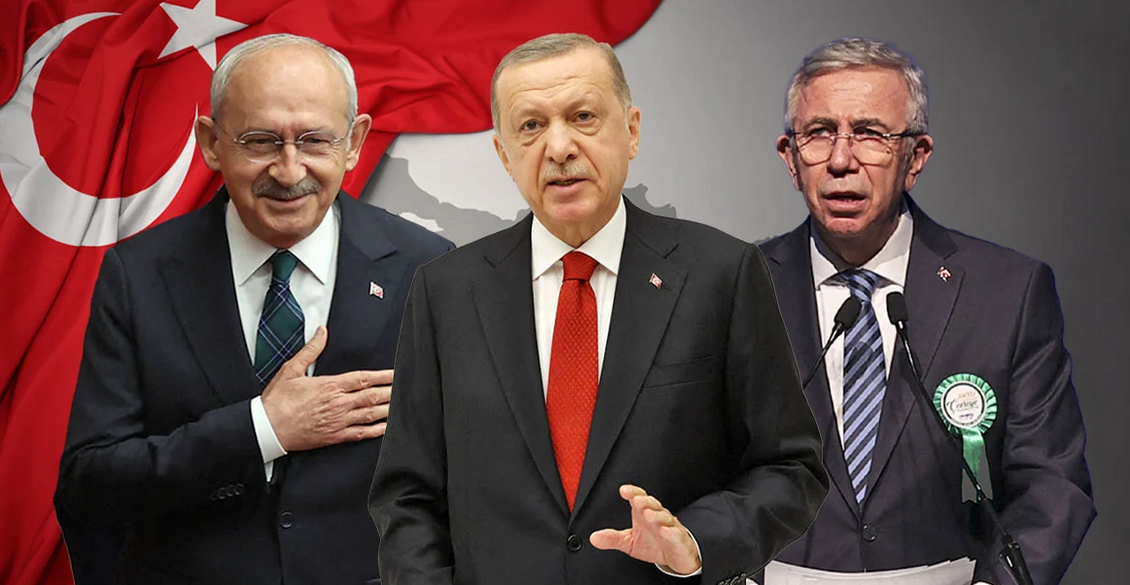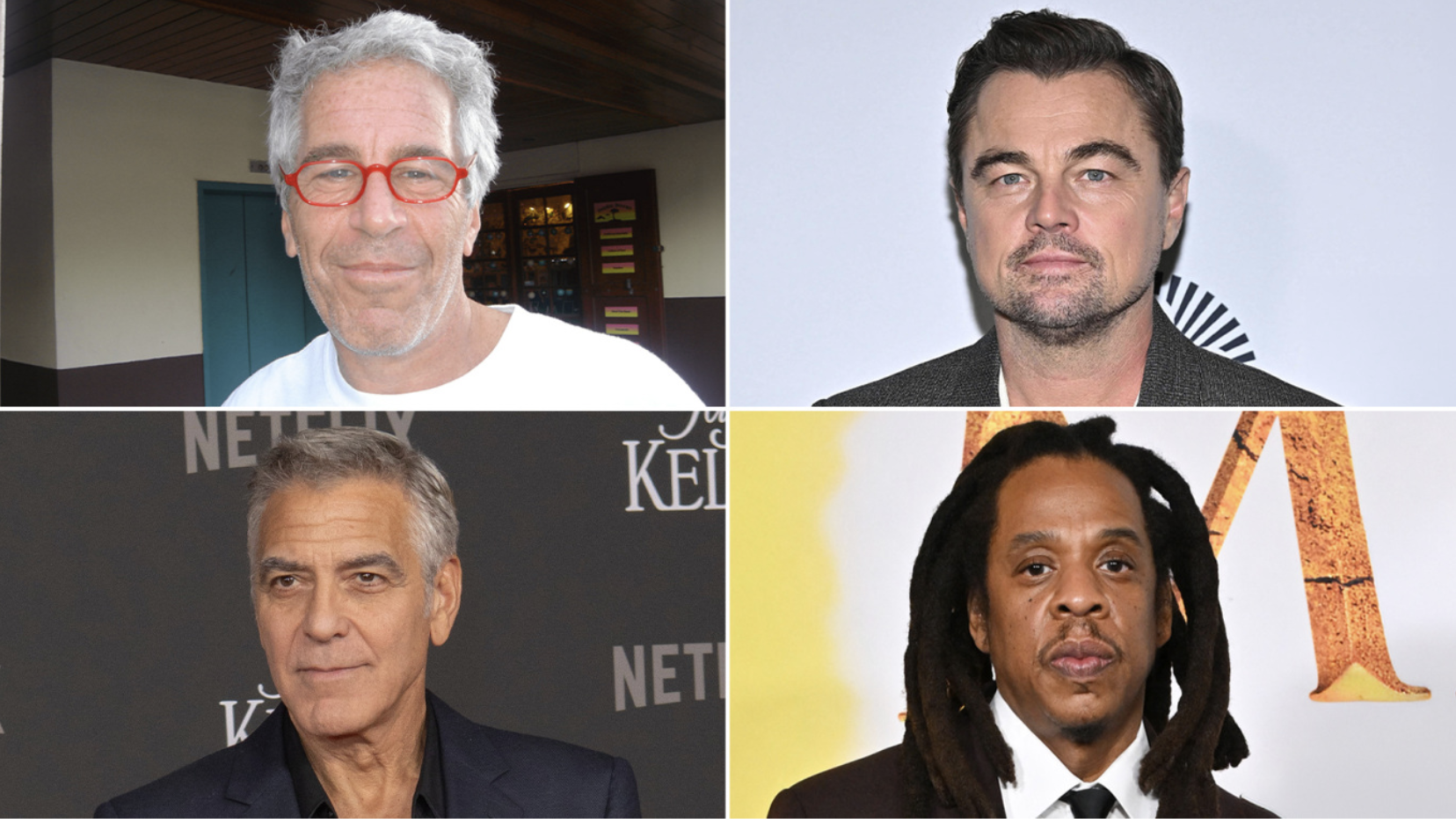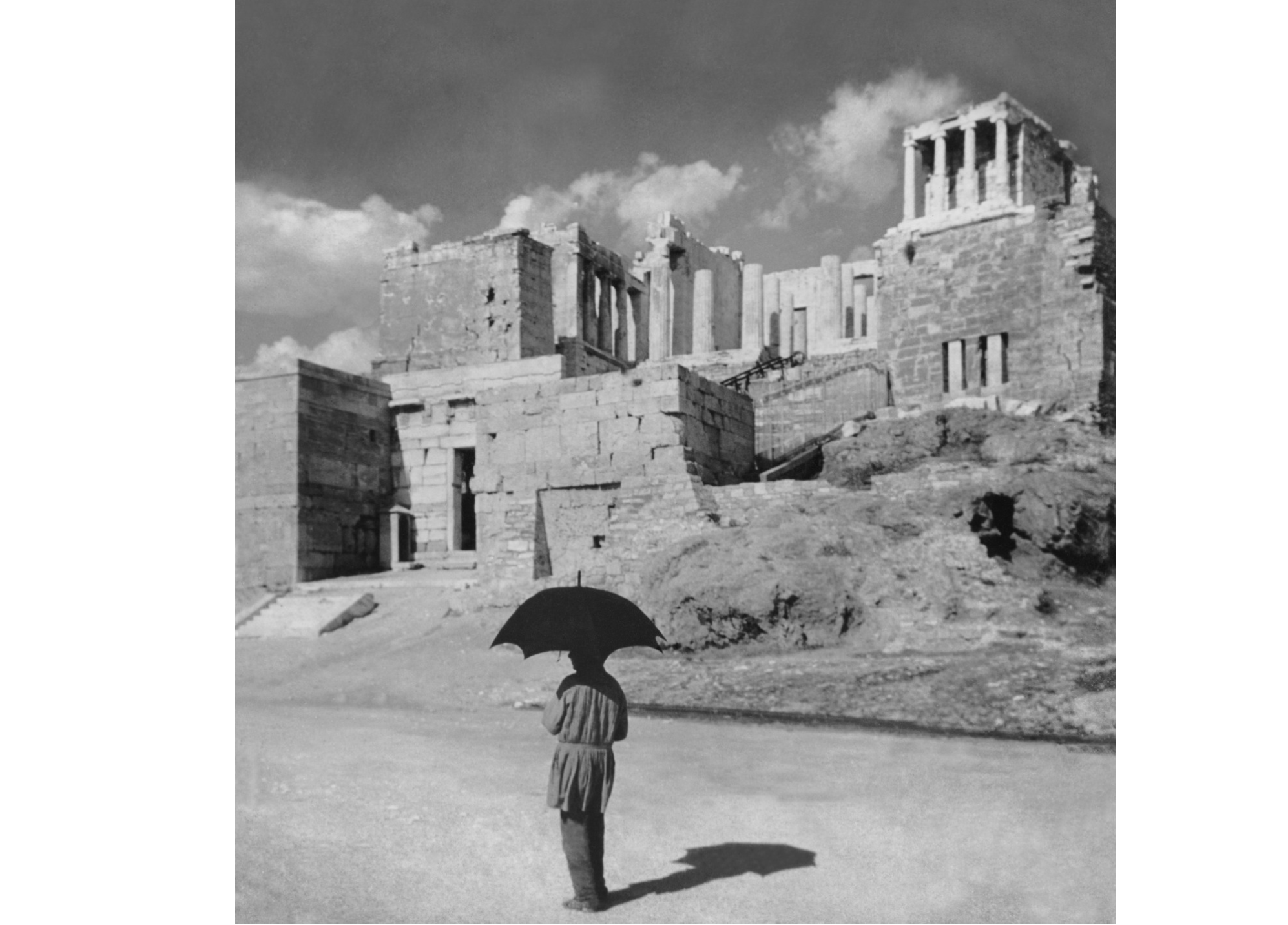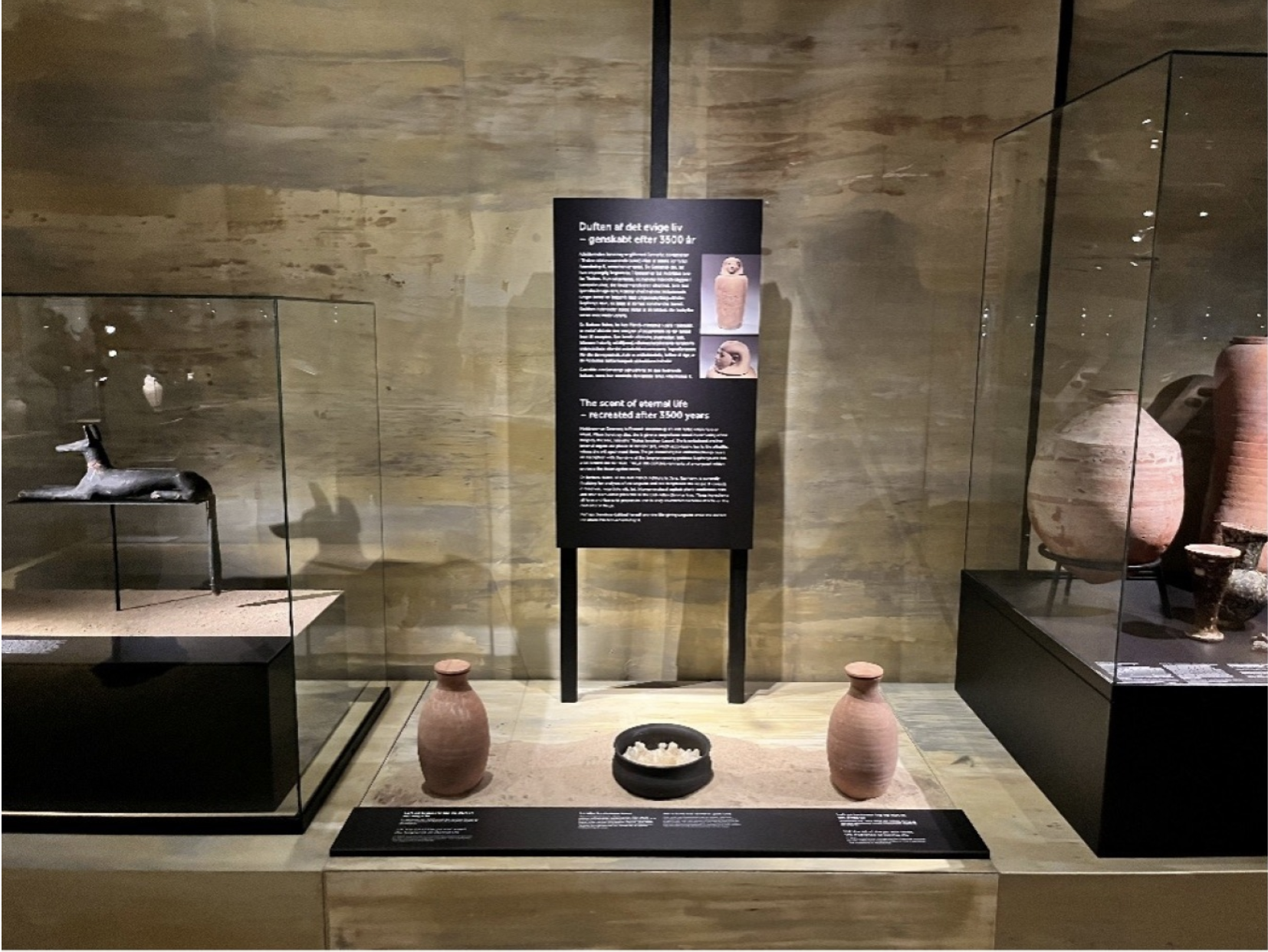Recep Tayyip Erdoğan, Turkey’s Islamist president, has been invincible since he burst on the political scene three decades ago. In 1994, he was elected mayor of Istanbul, Turkey’s biggest city. In 2002, he was elected prime minister and, in 2014, president of Turkey. Since 2002, he has not lost a single parliamentary, municipal or presidential election. The dream story, however, may be over in June 2023 when Turks will vote in twin presidential and parliamentary elections.
Turks are suffering. According to the findings of the pollster Optimar, 76.6% of Turks think their top problems are inflation and unemployment.
The country’s nominal gross domestic product (GDP) fell from its peak in 2013 of $958 billion, to $815 billion in 2021, bringing down per capita GDP from $12,615 to $9,587.
Turkey’s official annual inflation climbed to a fresh 24-year high of 80% in August – though ENAG, an independent research organization, estimates the true annual inflation rate at 181% for the same period.
Recent research by an independent pollster, Yöneylem Sosyal Araştırmalar Merkezi, revealed that the sharp economic downturn, a direct result of Erdoğan’s mismanagement and foreign policy mistakes that have isolated Turkey, may do what his political opponents have failed to do until now.
The poll found that Erdoğan’s Justice and Development Party (AKP) would win 29.5% of the national vote if there were elections tomorrow, behind, for the first time, the main opposition Republican People’s Party (CHP), which would win 29.7%. Erdoğan’s political ally, the far-right Nationalist Movement Party (MHP) would win a mere 6.4% of the vote, bringing the support for the ruling alliance up to 35.9%. CHP’s main ally, The Good Party (IYI) would win 13.5%, lifting the opposition bloc to 43.2%.
Yöneylem’s poll also found that 63% of respondents say Turkey is being “badly governed,” and 58.7% say that they “would never vote for Erdoğan.” Only 33.3% of the respondents said they would vote for Erdoğan while 55.6% said they would vote for the opposition candidate.
Read more: Gatestone Institute
Ask me anything
Explore related questions





